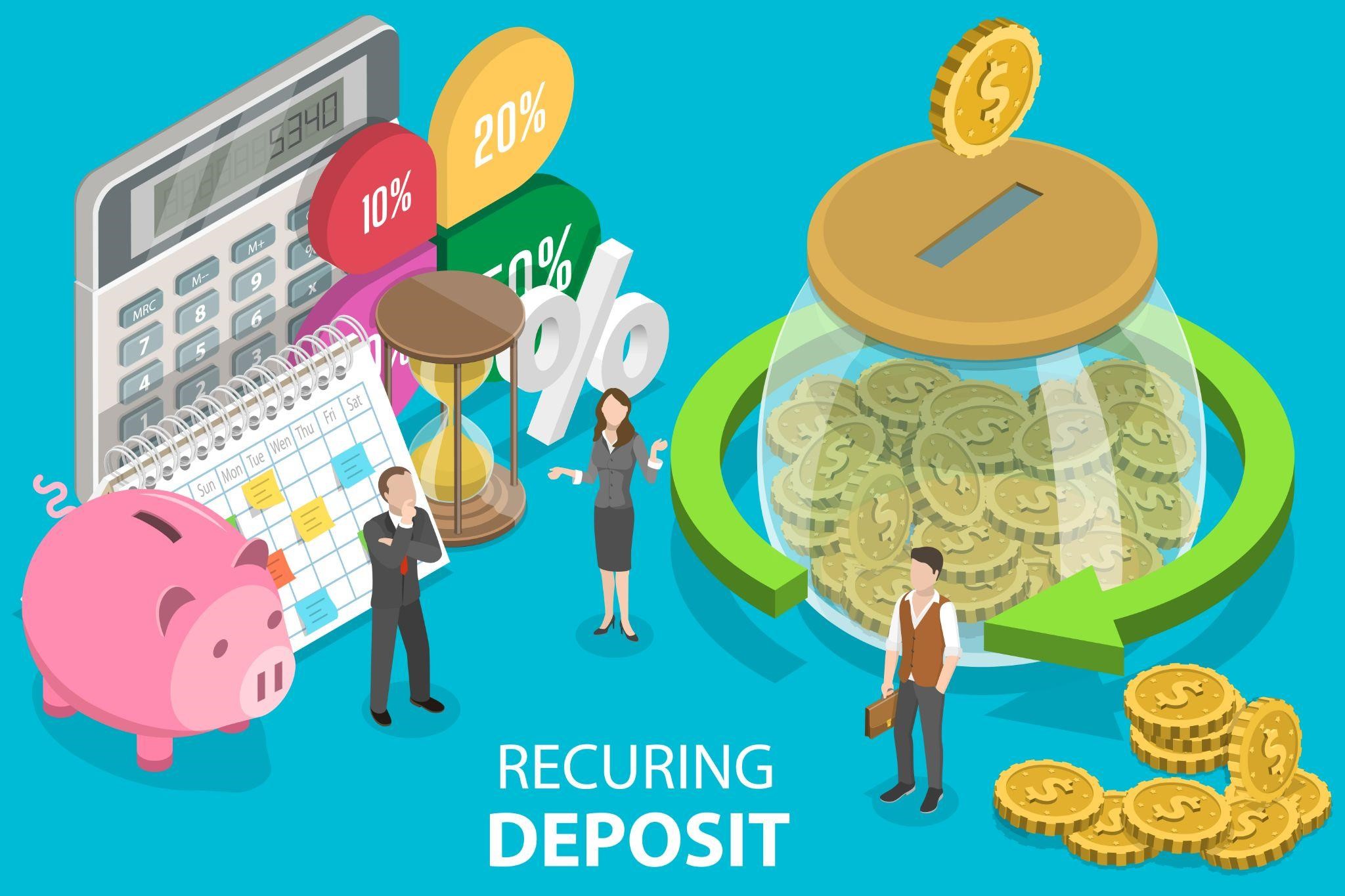Benefits of Savings Account
A savings account is a valuable financial tool that offers numerous benefits for individuals looking to manage their money effectively. In this article, we will explore the advantages of having a savings account and why it is a wise financial decision.
Financial Security
One of the primary benefits of a savings account is the financial security it provides. By depositing your money into a savings account, you ensure that it is protected and available when you need it. Unlike keeping cash at home or in a checking account, a savings account offers additional layers of security, such as FDIC insurance, which guarantees the safety of your funds.
Interest Earnings
Another significant advantage of a savings account is the opportunity to earn interest on your deposited funds. While interest rates may vary, having a savings account allows your money to grow over time. The interest earned can be a valuable addition to your overall savings and can help you achieve your financial goals faster.
Easy Access to Funds
Contrary to popular belief, a savings account provides easy access to your funds when needed. Most savings accounts come with a debit card or check-writing capabilities, allowing you to withdraw money conveniently. Additionally, online banking and mobile applications make it simple to manage your savings account from anywhere, providing quick access to your funds whenever necessary.
Financial Goal Tracking
A savings account is an excellent tool for tracking and achieving your financial goals. Whether you are saving for a down payment on a house, a dream vacation, or an emergency fund, a dedicated savings account helps you stay focused and disciplined. By setting up automatic transfers from your primary account to your savings account, you can effortlessly contribute towards your goals regularly.
Tax Benefits
Savings accounts can also offer tax benefits depending on the type of account you have. For example, in some countries, certain savings accounts may be tax-exempt or provide tax deductions on the interest earned. It is essential to consult with a financial advisor or tax professional to understand the specific tax advantages available in your jurisdiction.
Emergency Fund
A savings account serves as an ideal place to build an emergency fund. Life is unpredictable, and unexpected expenses can arise at any time. By having a dedicated savings account, you can set aside funds specifically for emergencies. This ensures that you are prepared for unexpected financial challenges without having to rely on credit cards or loans.
Financial Discipline
Having a savings account promotes financial discipline and responsible money management. By separating your savings from your everyday spending, you create a clear distinction between the two. This separation helps you avoid the temptation of dipping into your savings for unnecessary expenses and encourages you to build a healthy savings habit.

Overall, a savings account offers numerous benefits that contribute to your financial well-being. From providing financial security to earning interest and helping you achieve your goals, a savings account is a valuable tool for anyone looking to manage their money effectively. Consider opening a savings account today and start reaping the benefits it has to offer.
Frequently Asked Questions about the Benefits of a Savings Account
1. What is a savings account?
A savings account is a type of bank account where individuals can deposit and save their money while earning interest on the deposited amount.
2. What are the benefits of having a savings account?
Some benefits of having a savings account include:
Earning interest on your savings
Providing a safe place to store your money
Easy access to your funds
Building an emergency fund
3. How does a savings account help in earning interest?
A savings account earns interest on the deposited amount, which means your money grows over time. The interest rate may vary depending on the bank and account type.
4. Are savings accounts safe?
Yes, savings accounts are generally considered safe as they are insured by the government up to a certain amount (usually up to $250,000) per depositor per bank.
5. Can I withdraw money from a savings account anytime?
Yes, you can typically withdraw money from a savings account whenever you need it. However, some banks may have restrictions on the number of withdrawals per month.
6. How much money should I keep in a savings account?
The amount of money you should keep in a savings account depends on your personal financial goals. It is recommended to have at least 3-6 months’ worth of living expenses saved in case of emergencies.
7. Can I open multiple savings accounts?
Yes, you can open multiple savings accounts to help you organize your savings for different purposes, such as short-term goals, long-term goals, or specific expenses.
8. Do savings accounts have any fees?
Savings accounts may have certain fees associated with them, such as monthly maintenance fees or fees for exceeding the maximum allowed withdrawals. However, many banks offer fee-free savings accounts.
9. Can I link my savings account to other accounts?
Yes, you can often link your savings account to other accounts, such as a checking account, to easily transfer funds between them.
10. How can I open a savings account?
To open a savings account, you can visit a bank branch or apply online. You will typically need to provide identification documents, such as a valid ID and proof of address.




